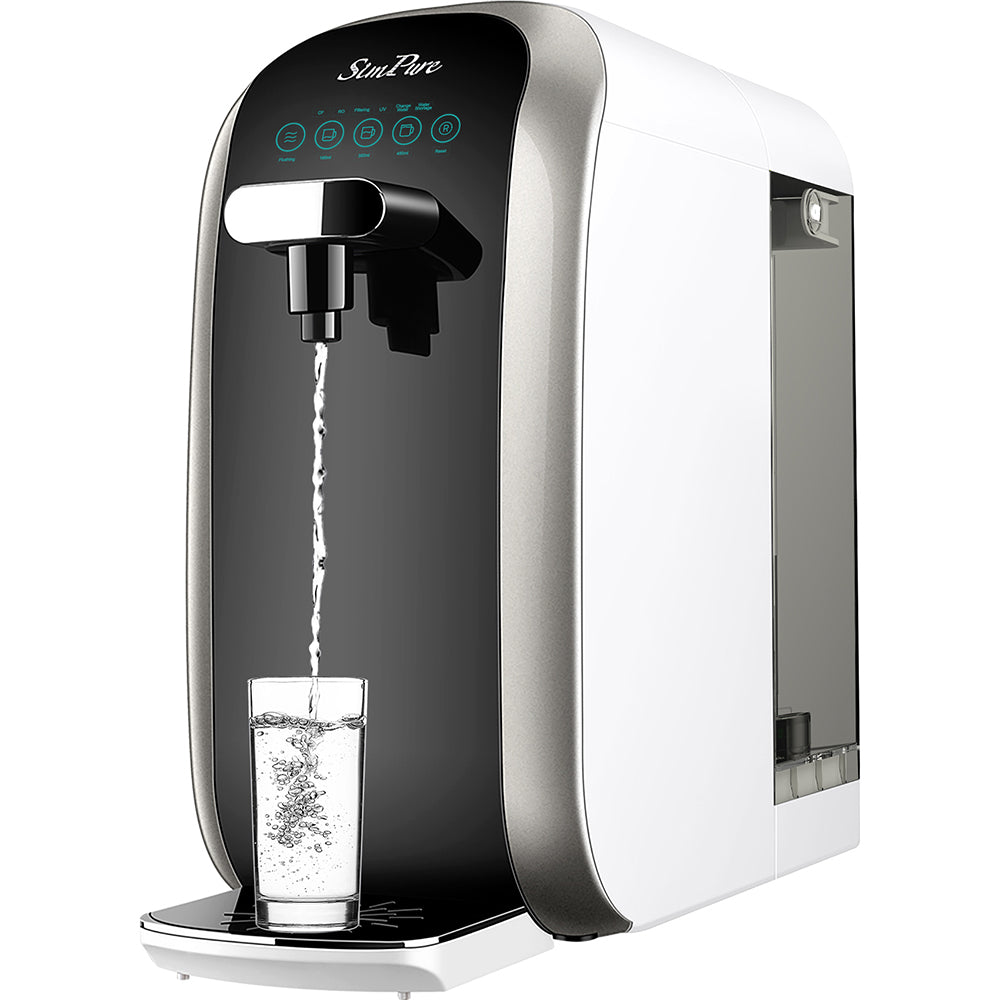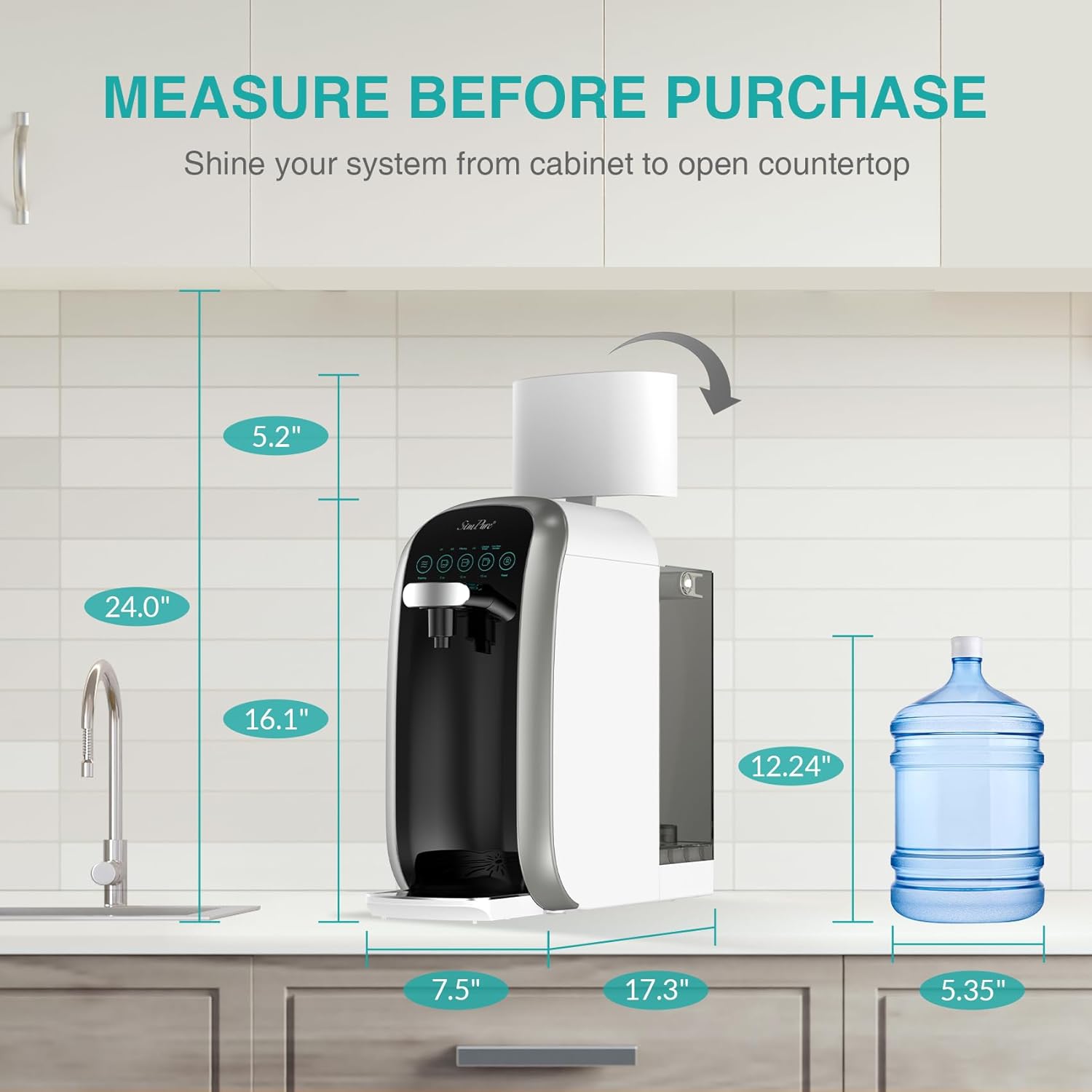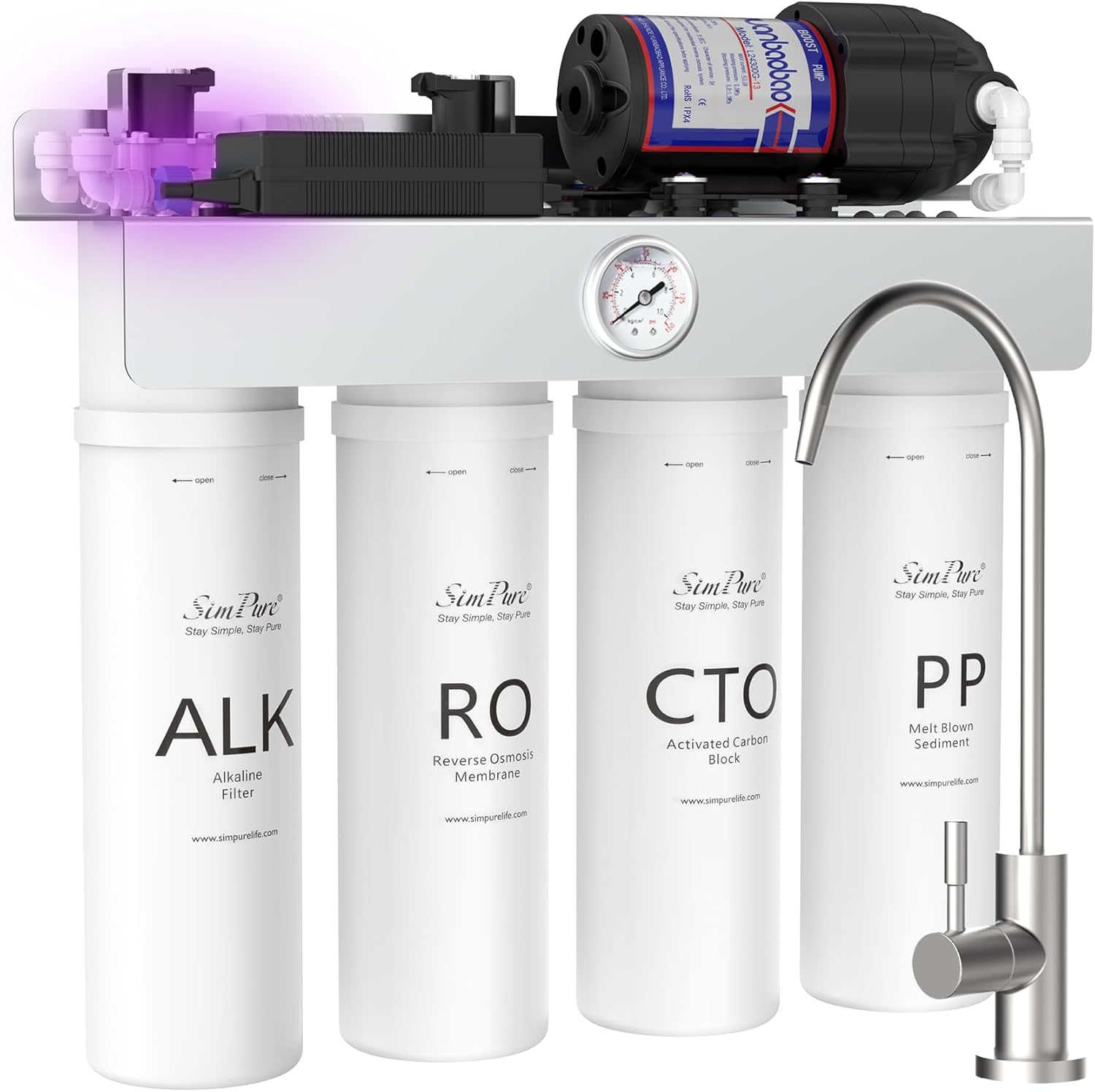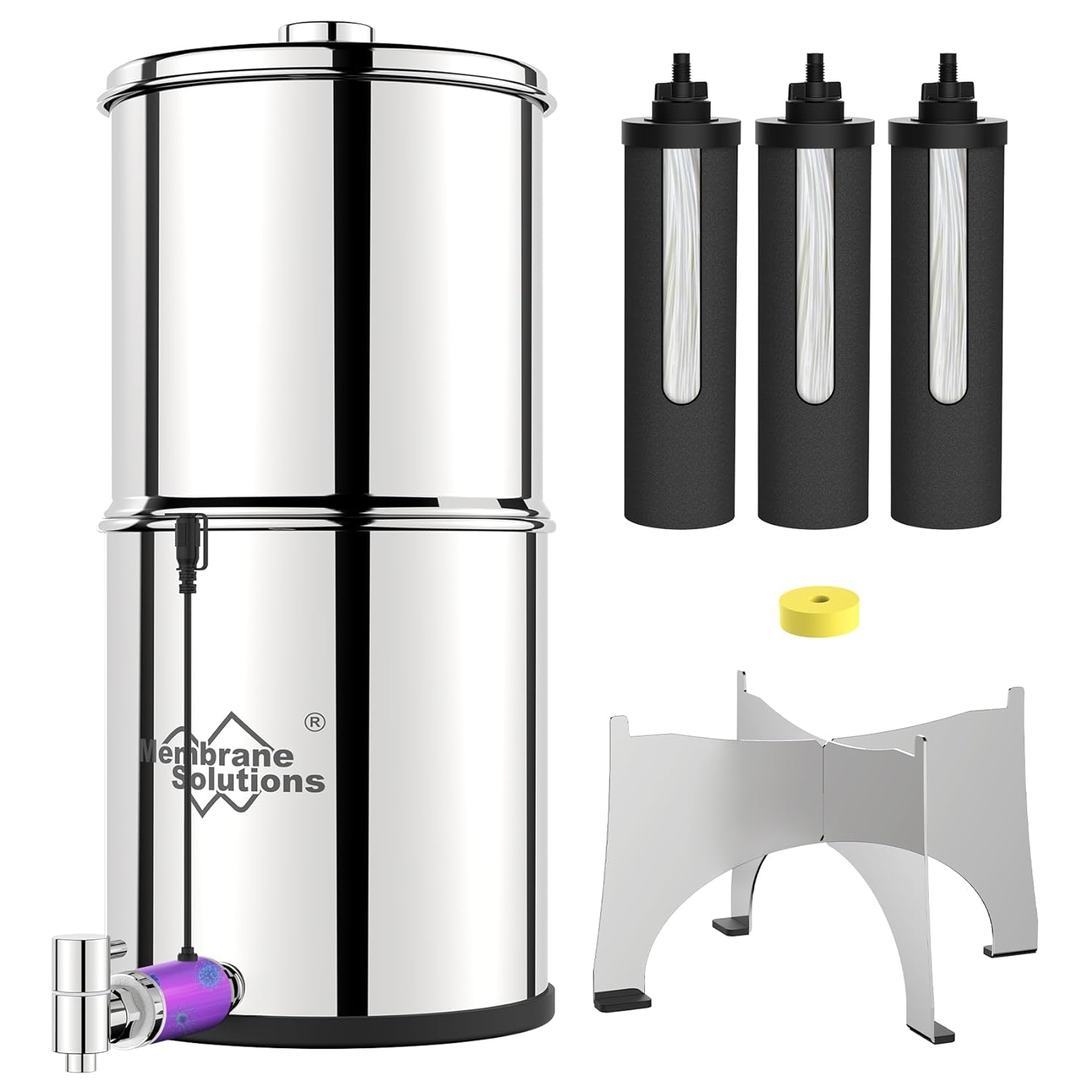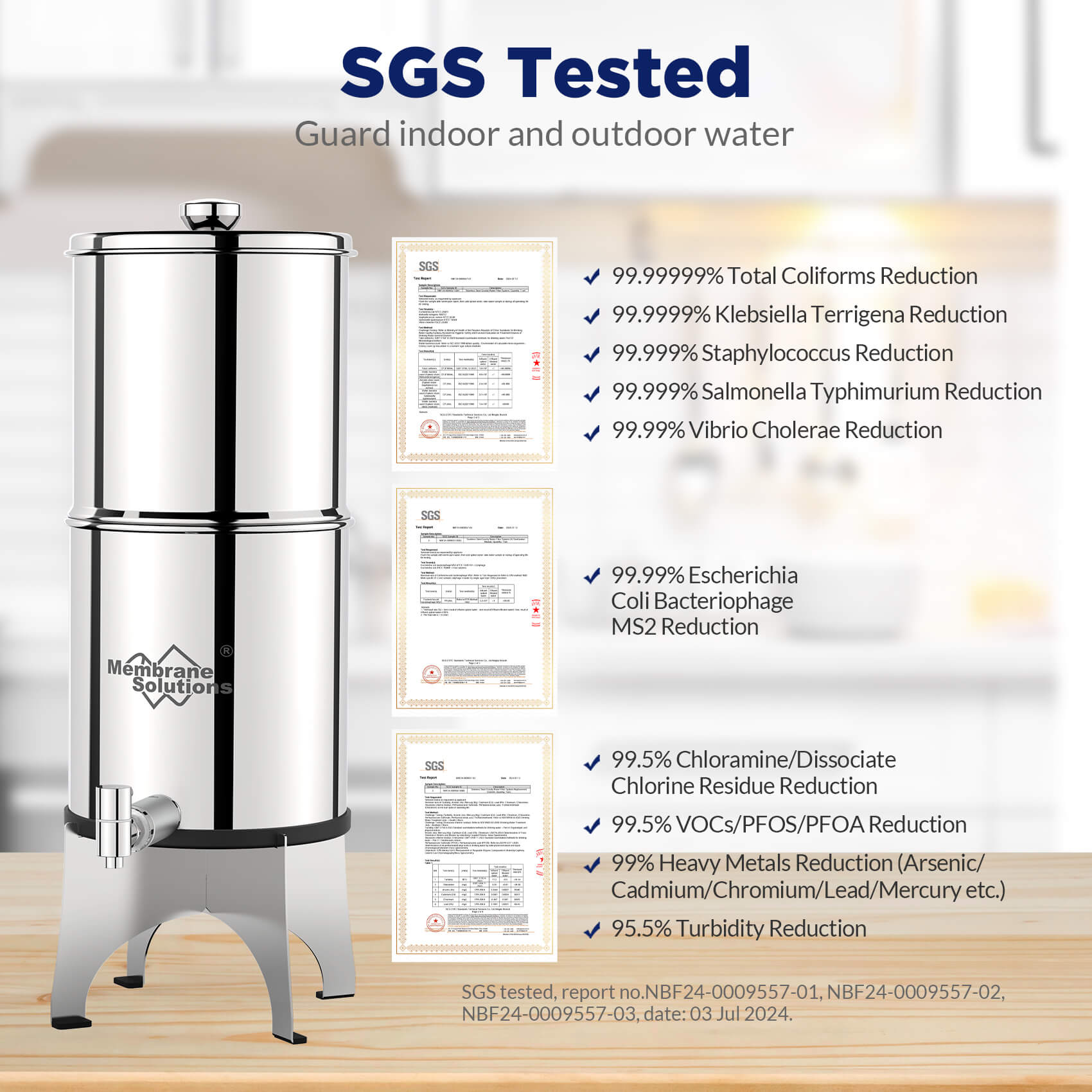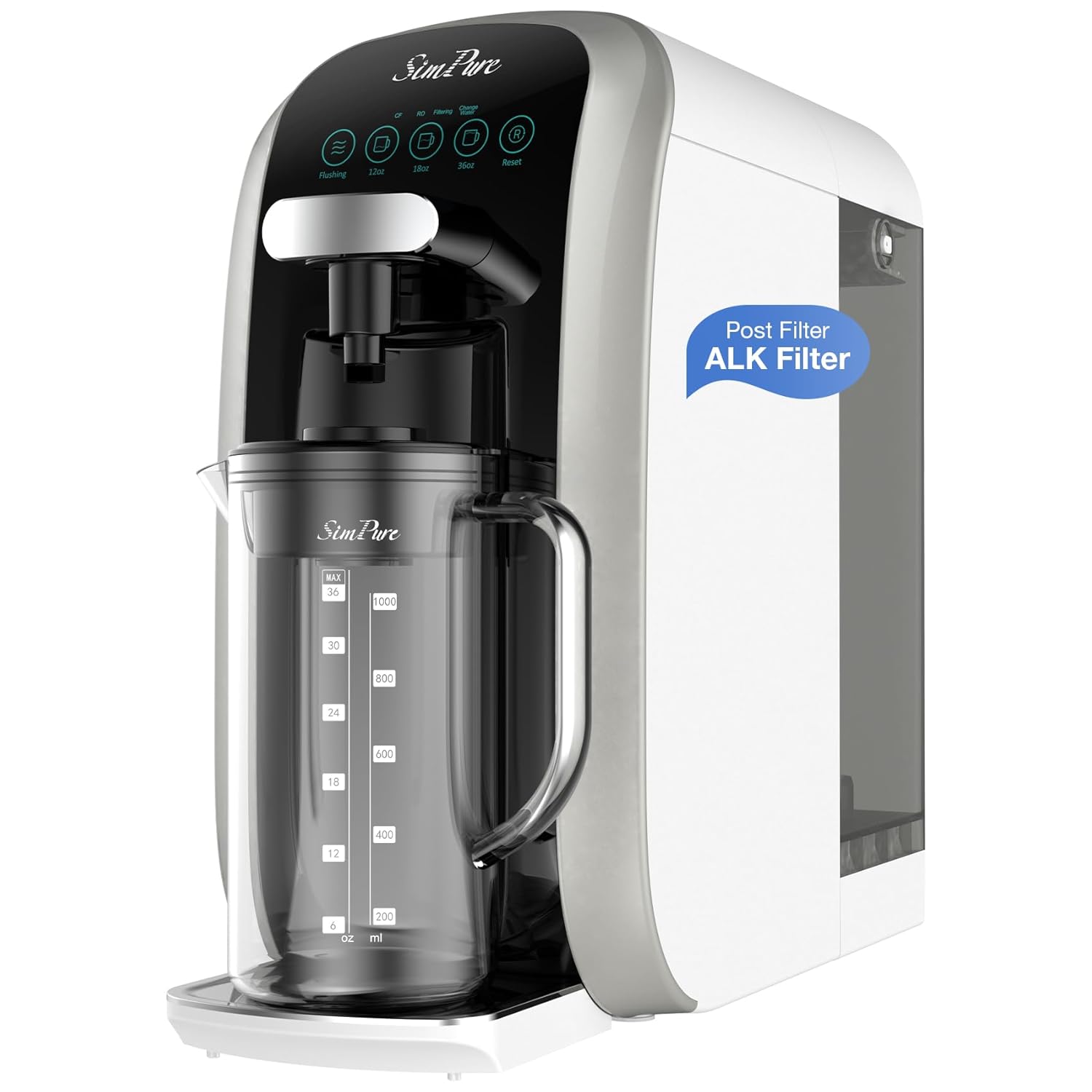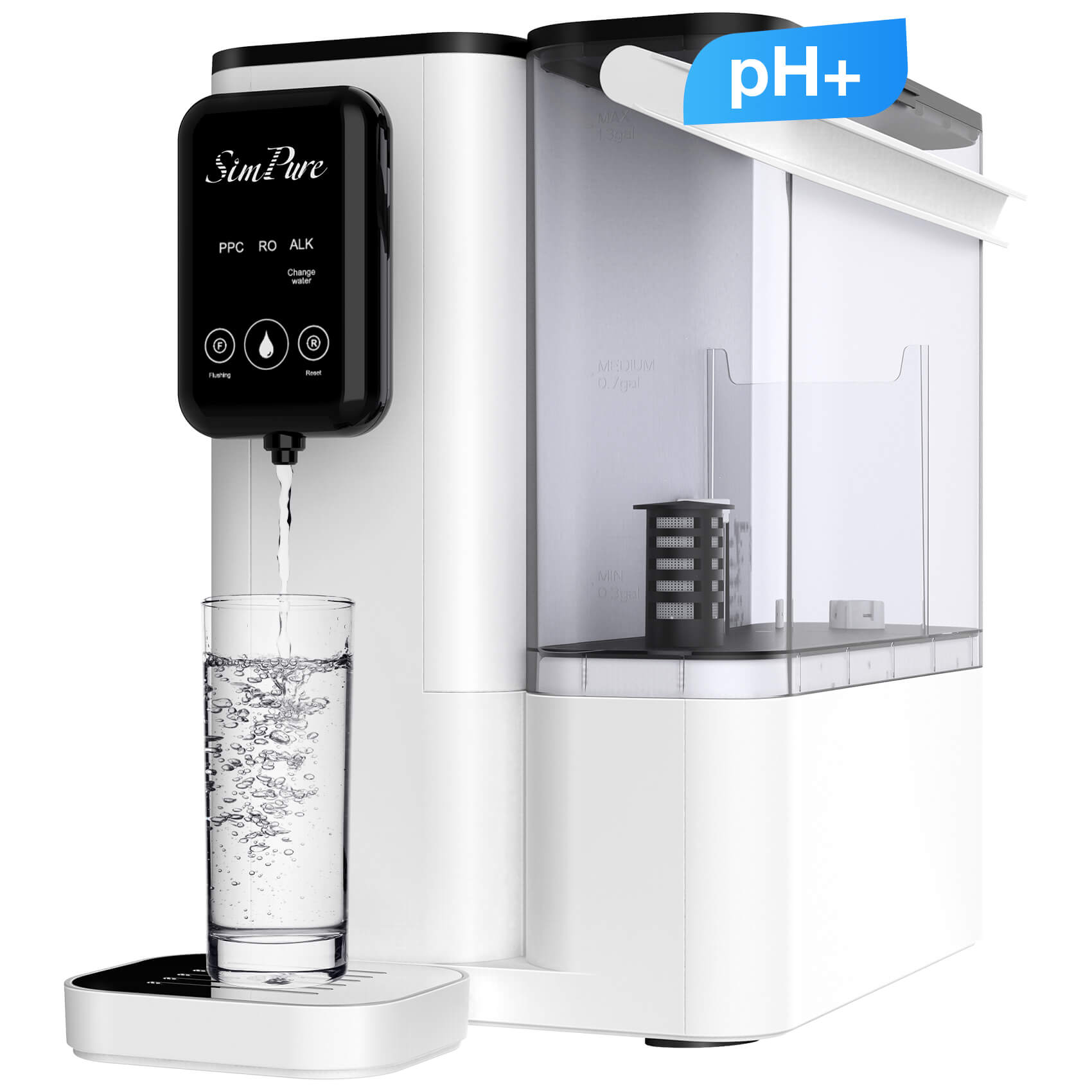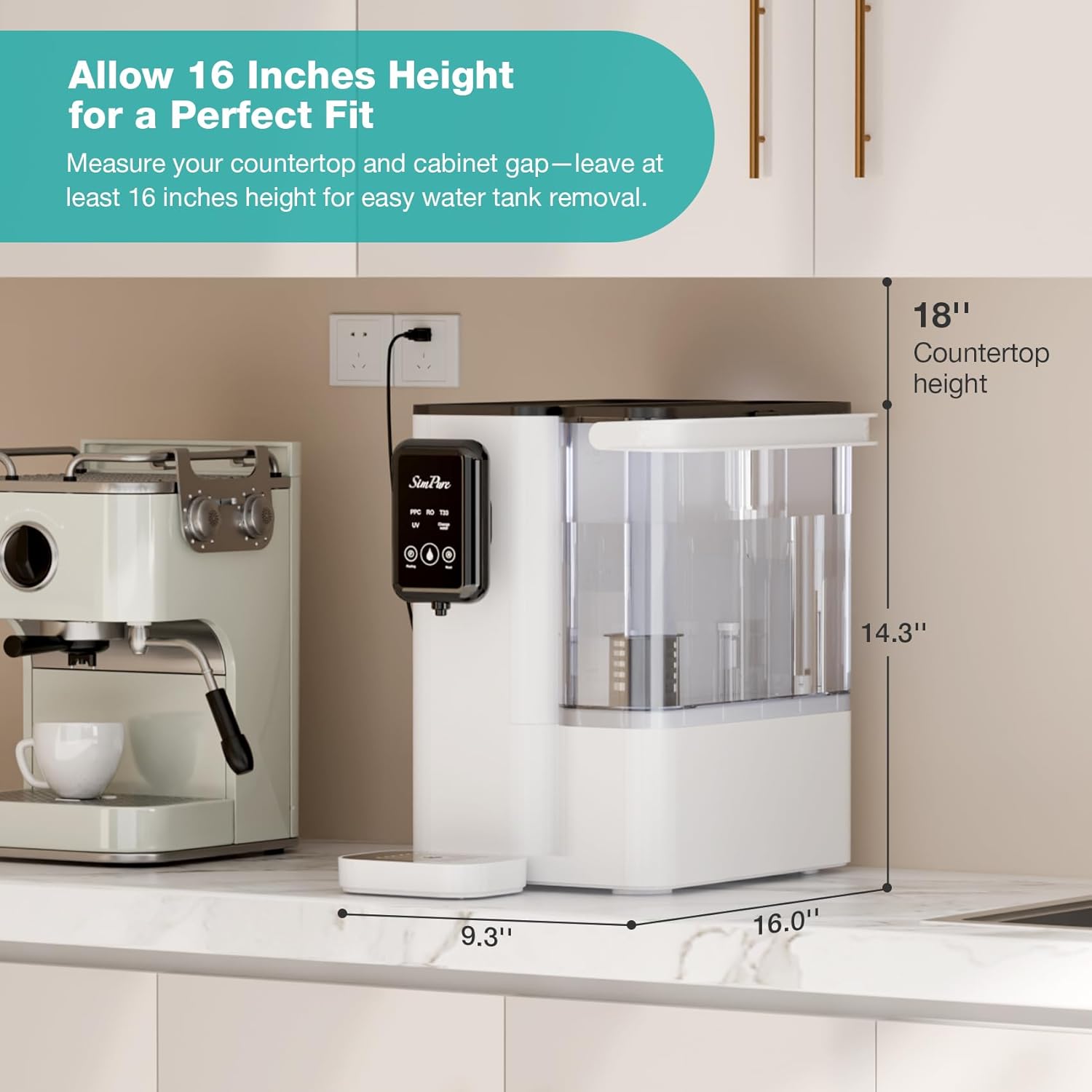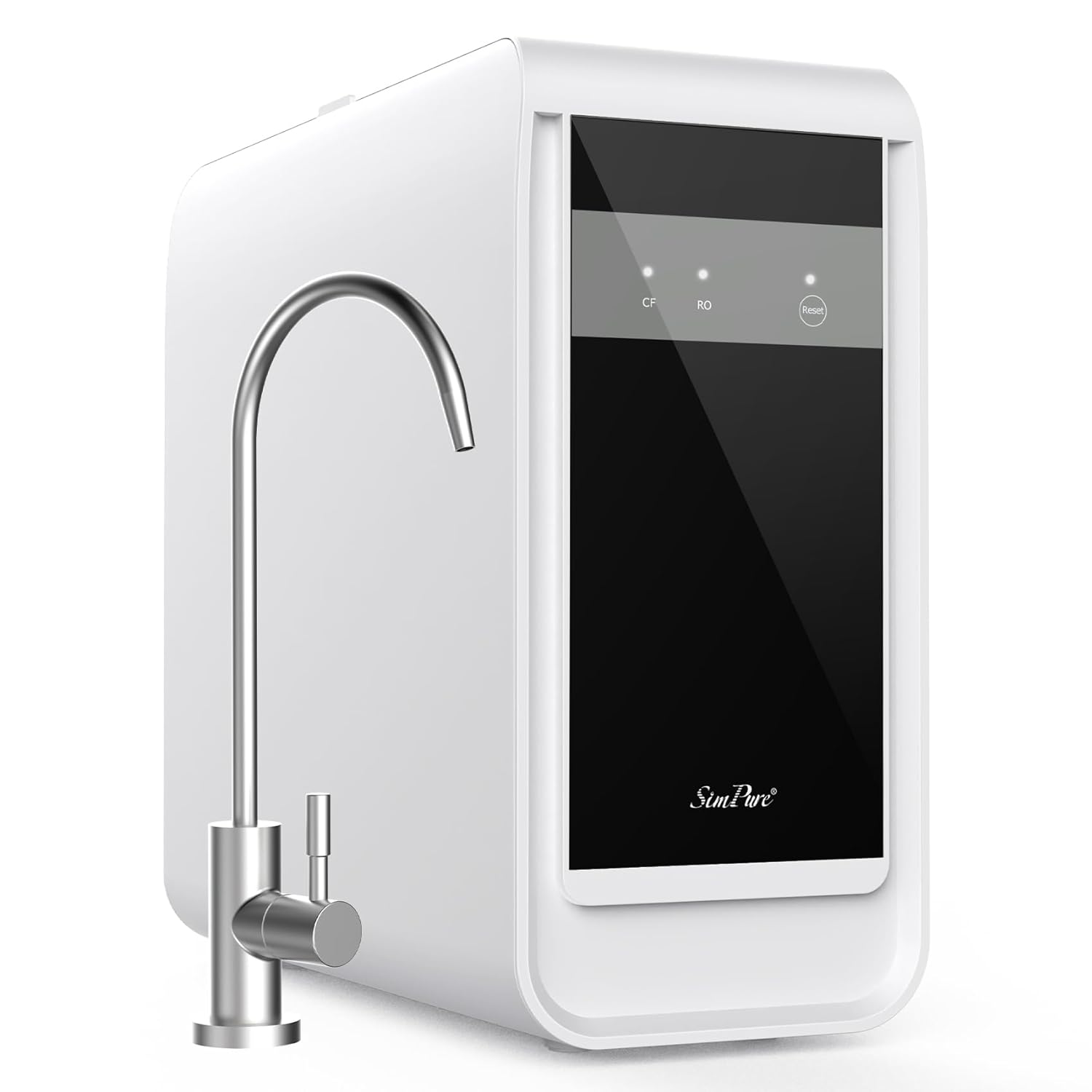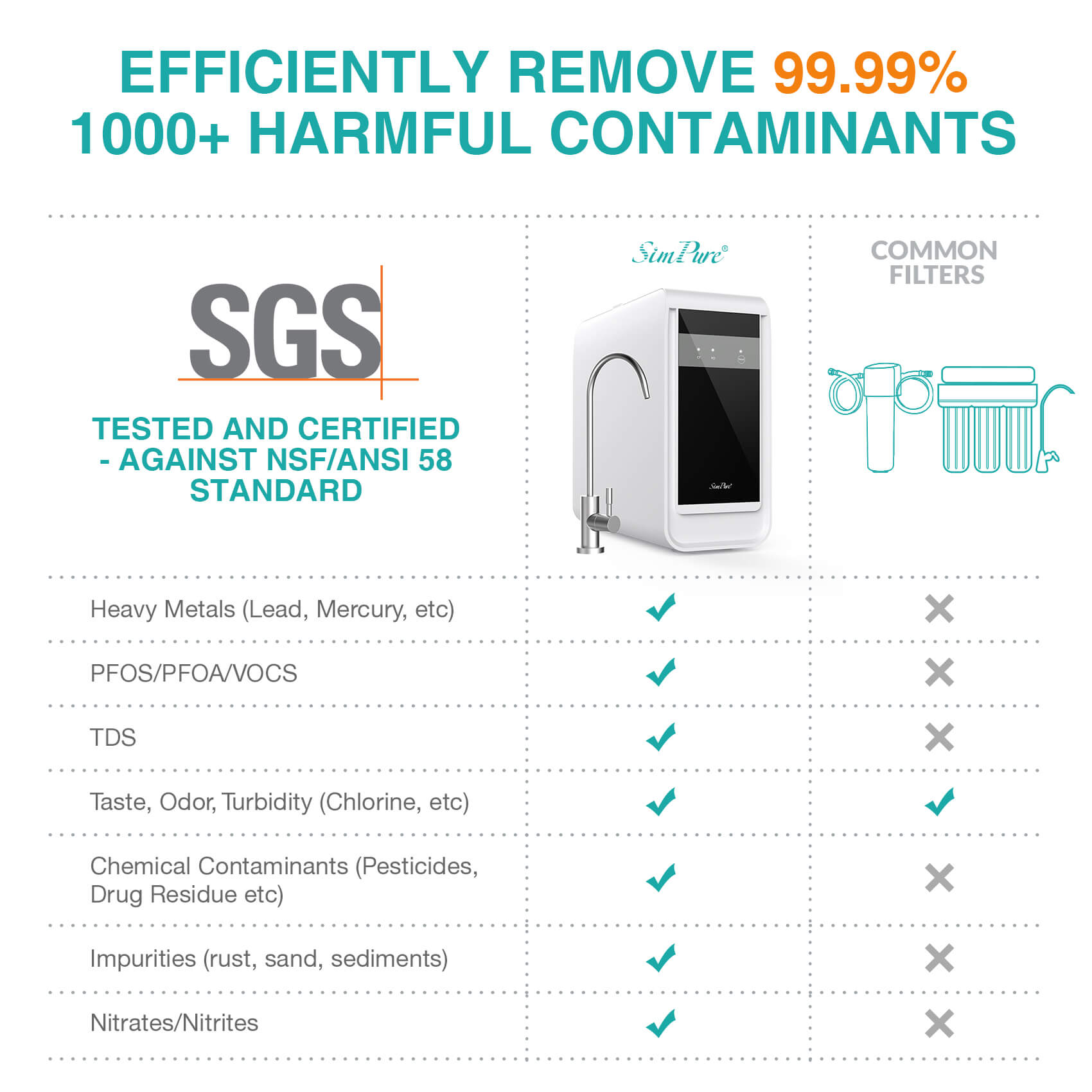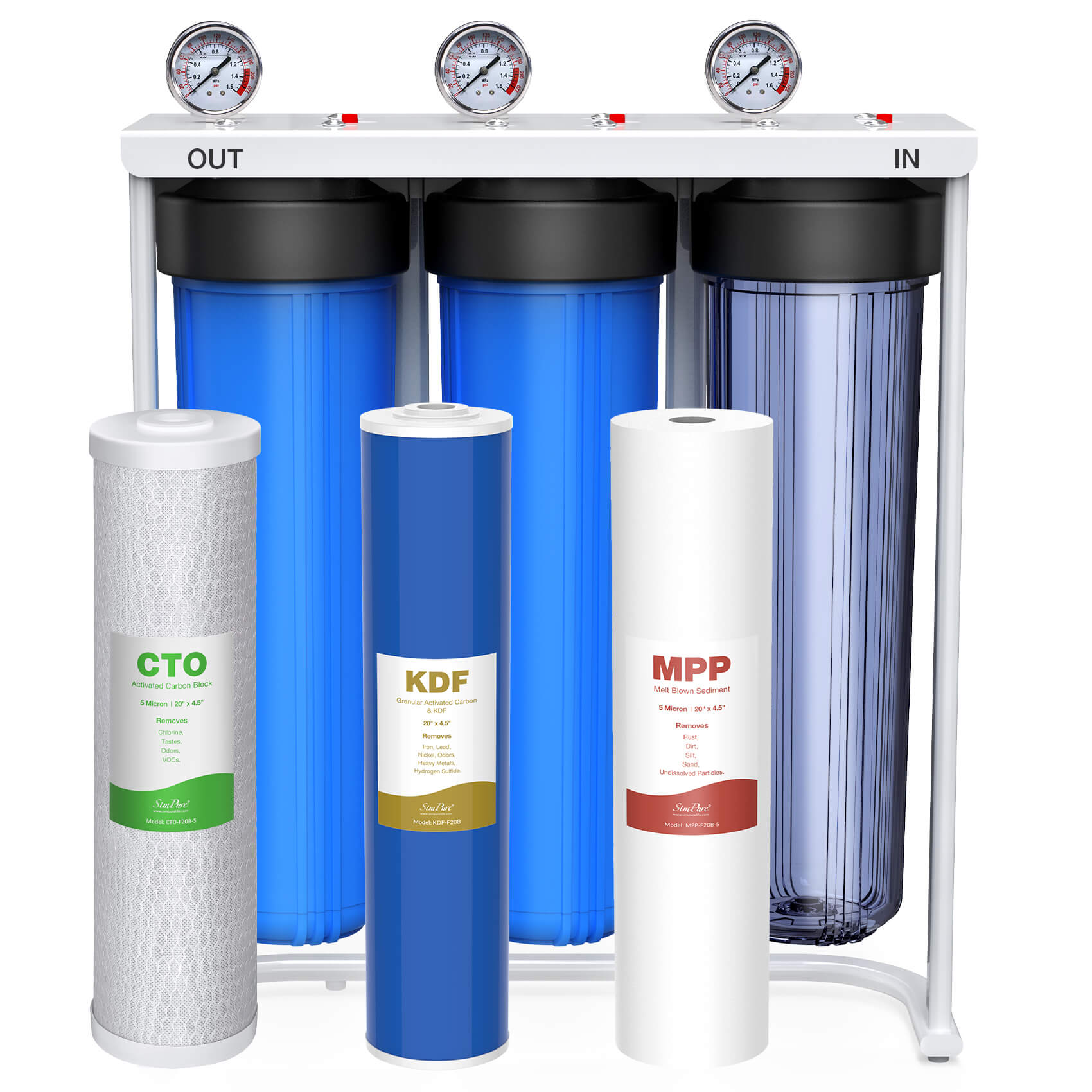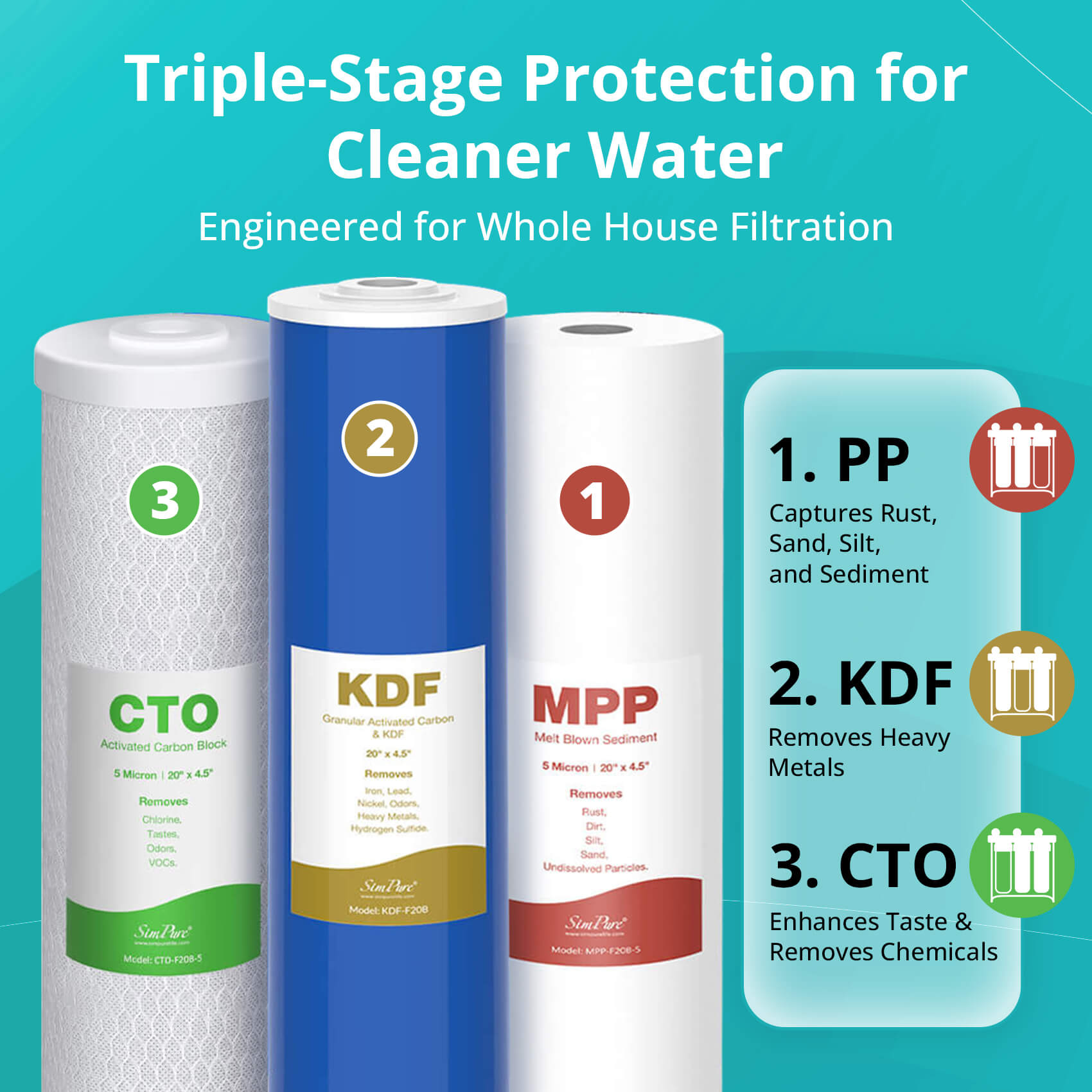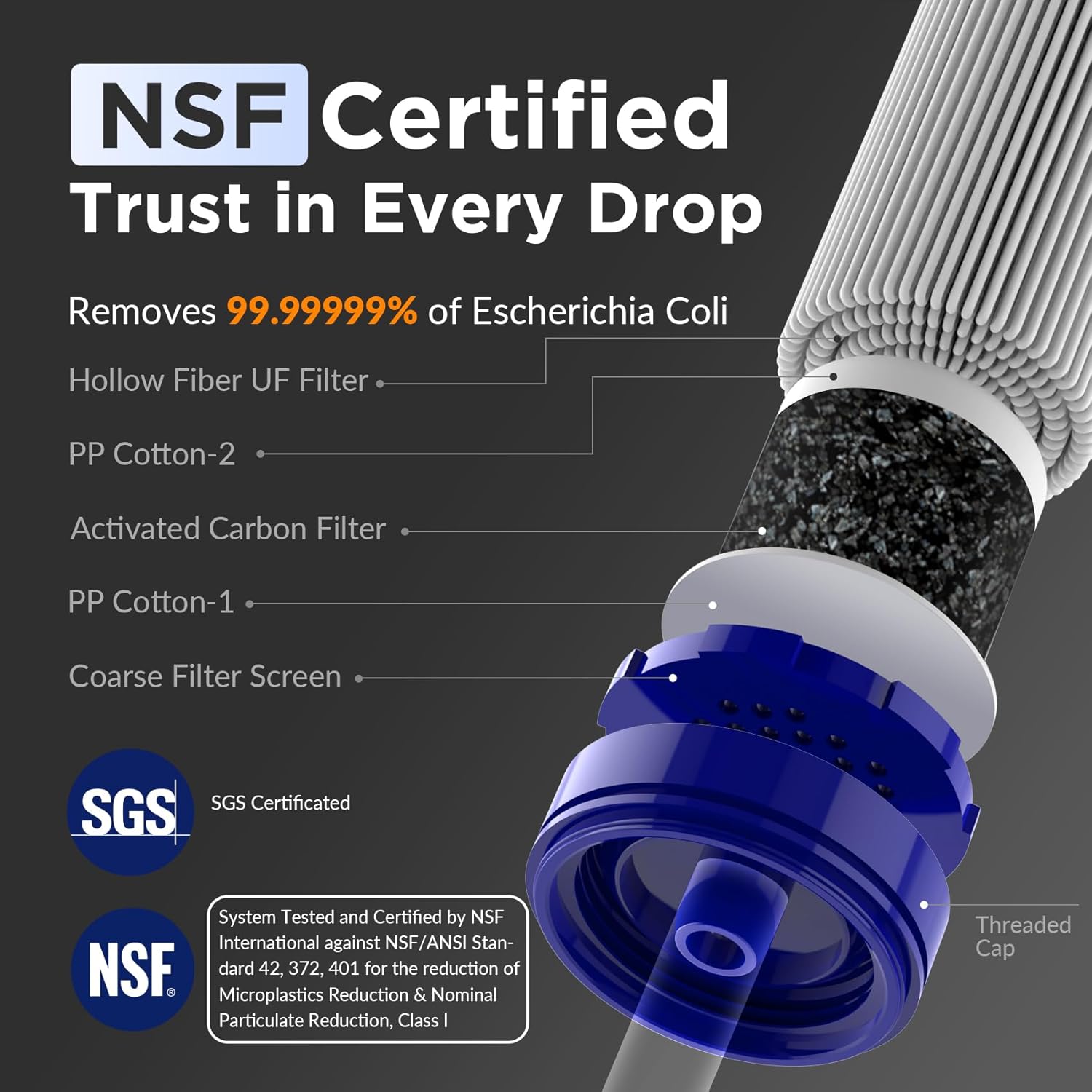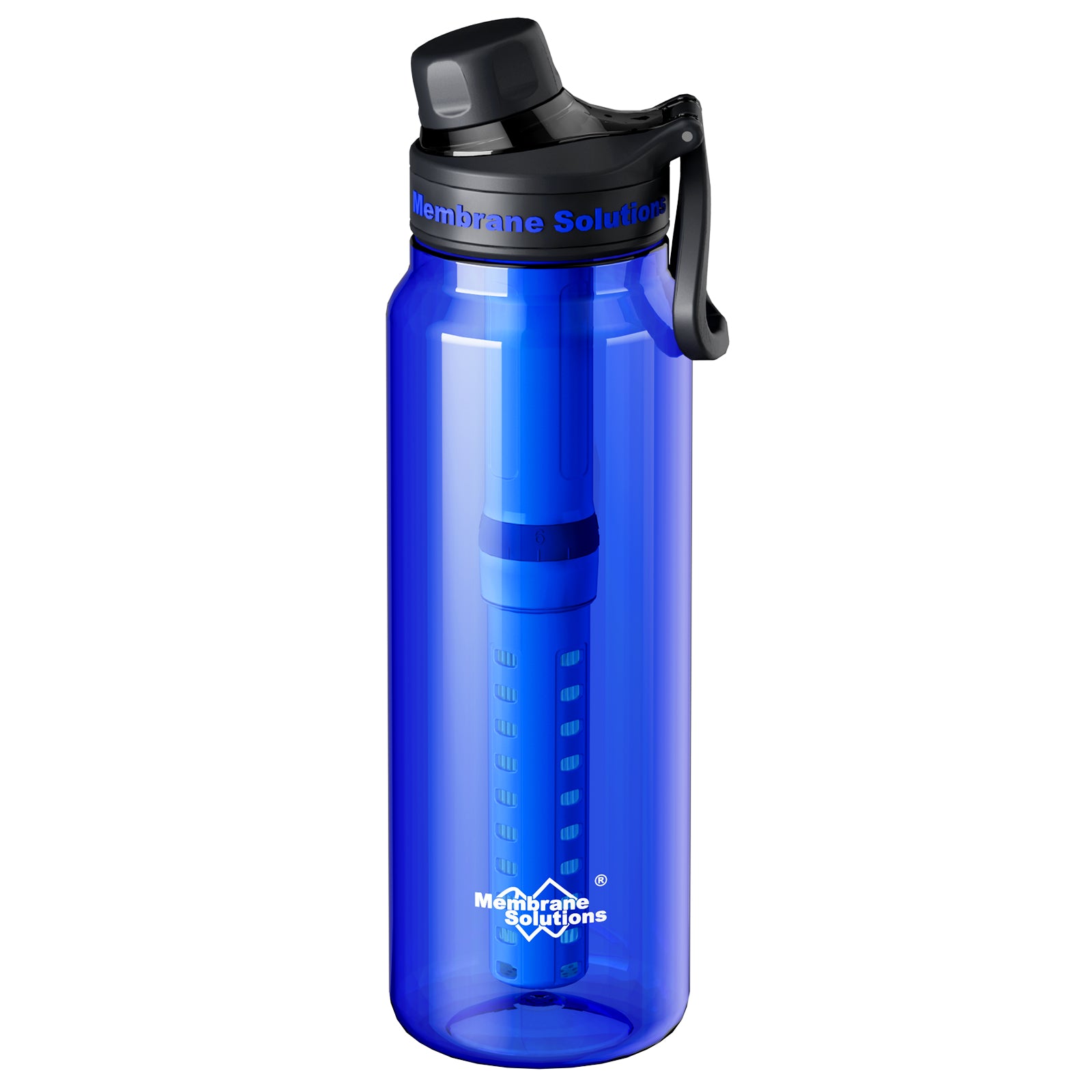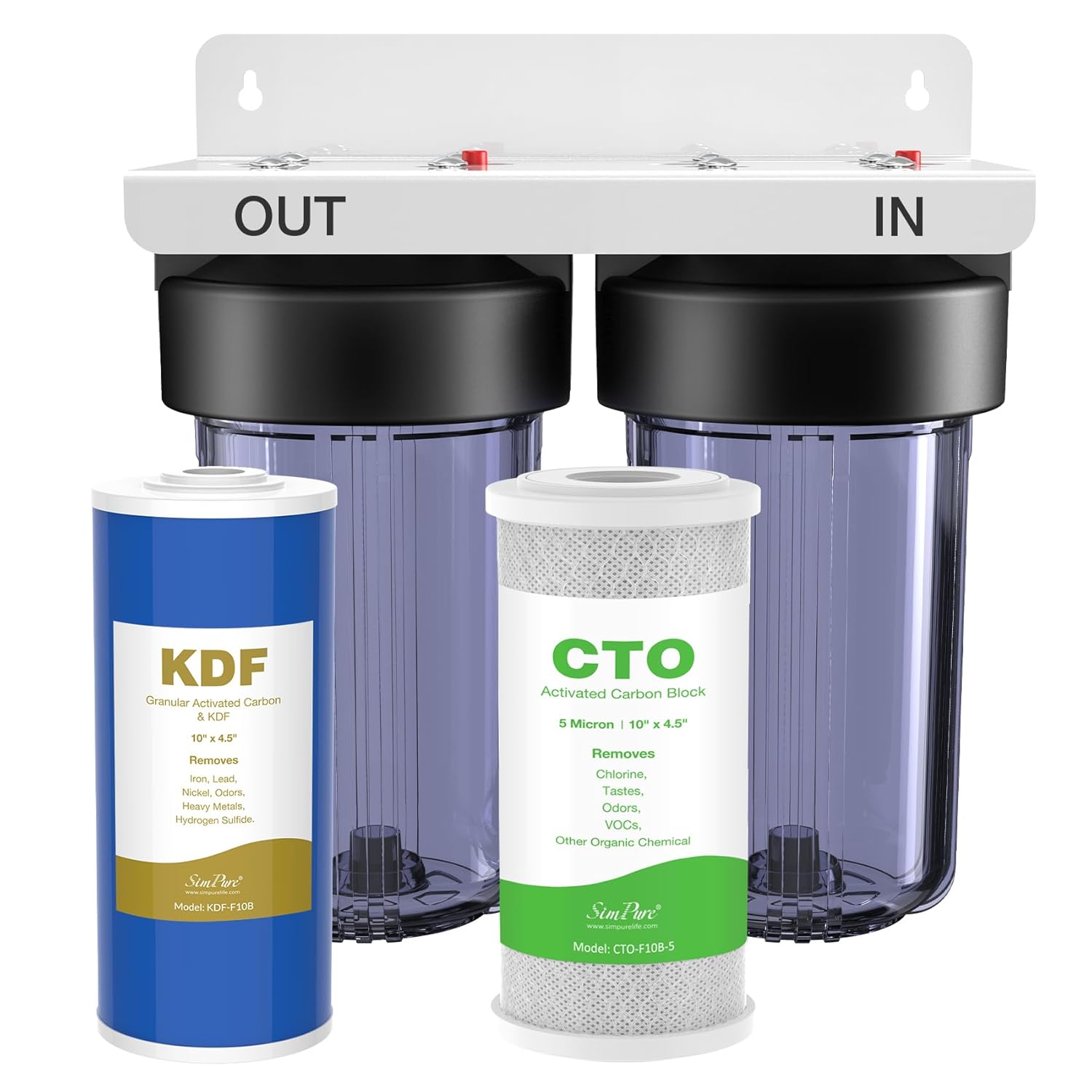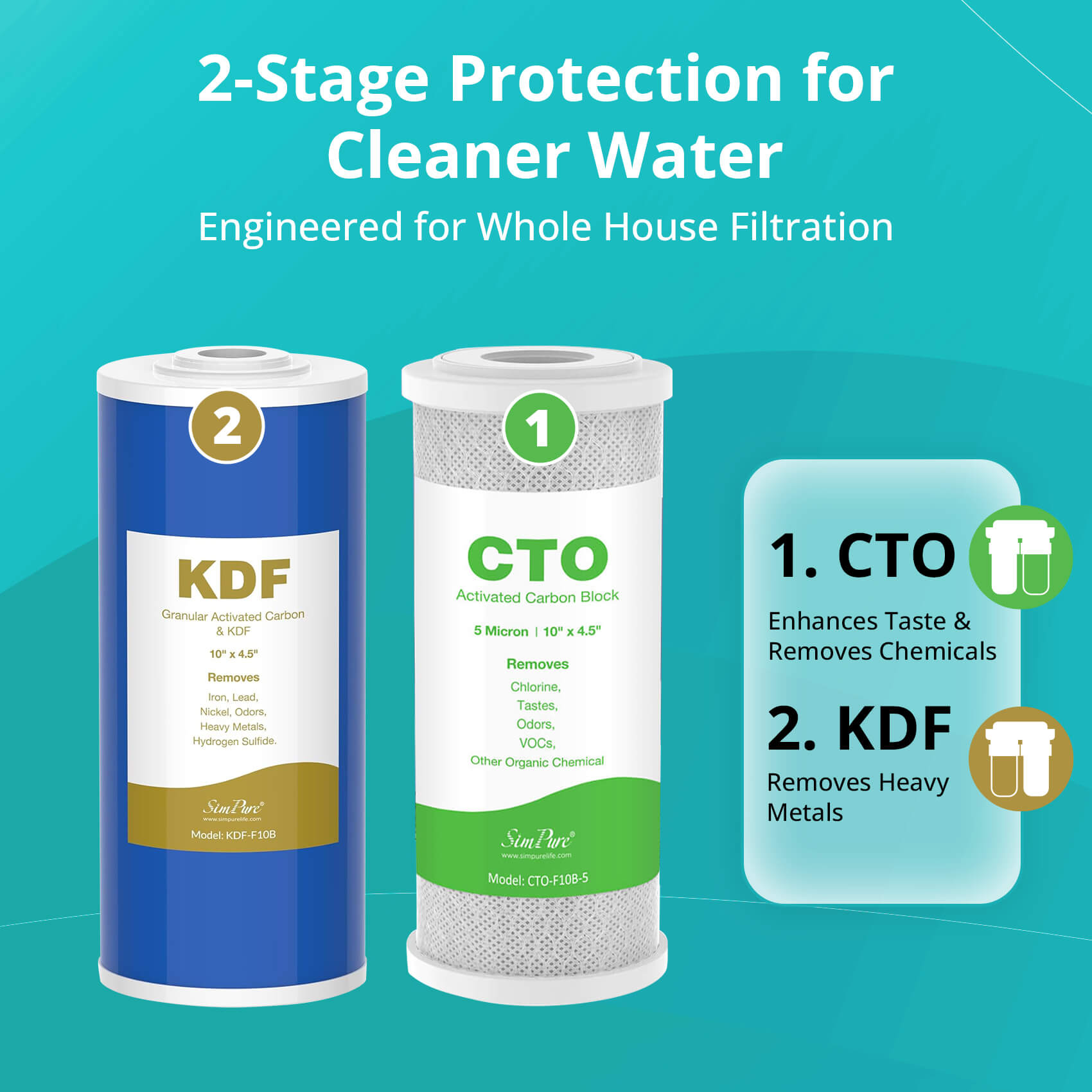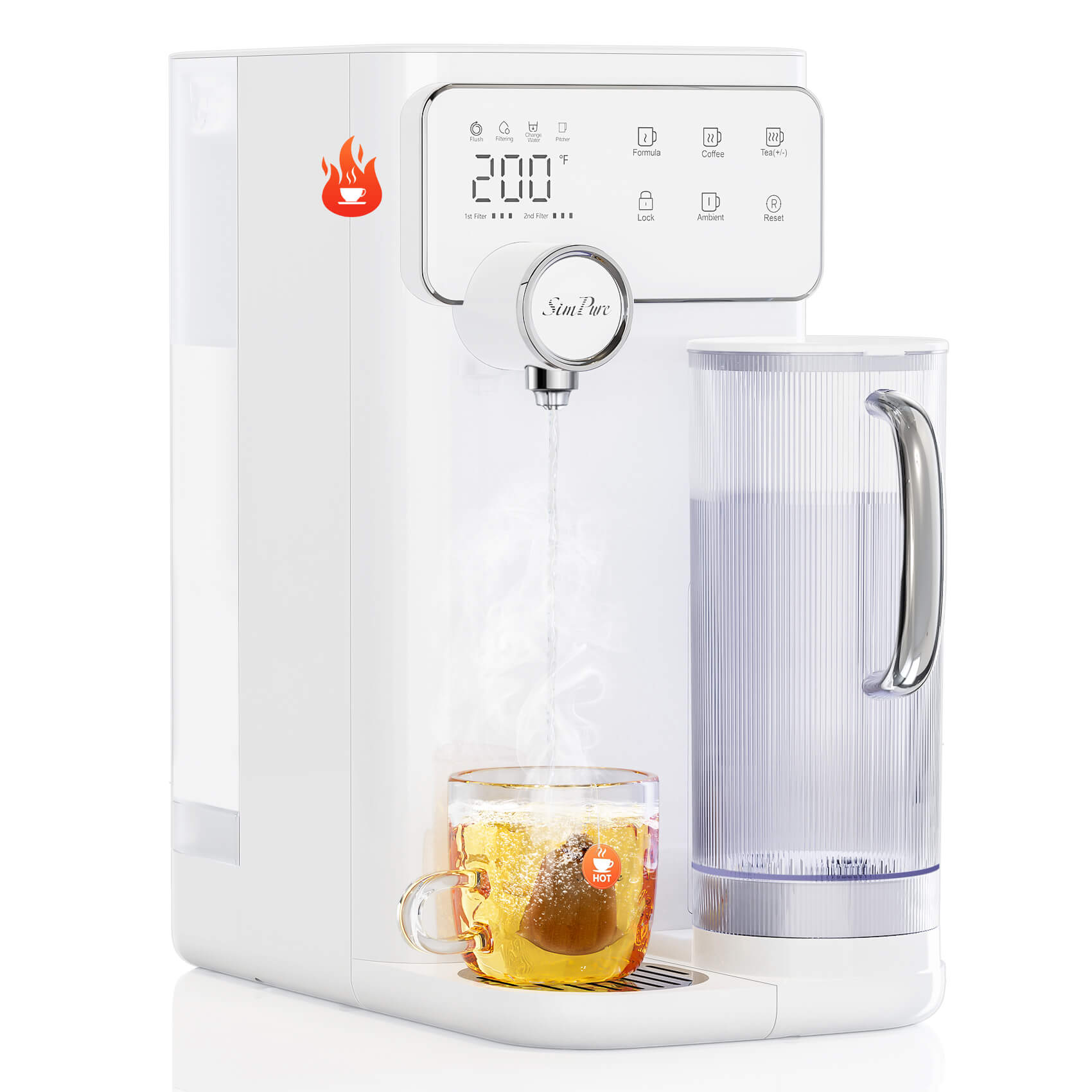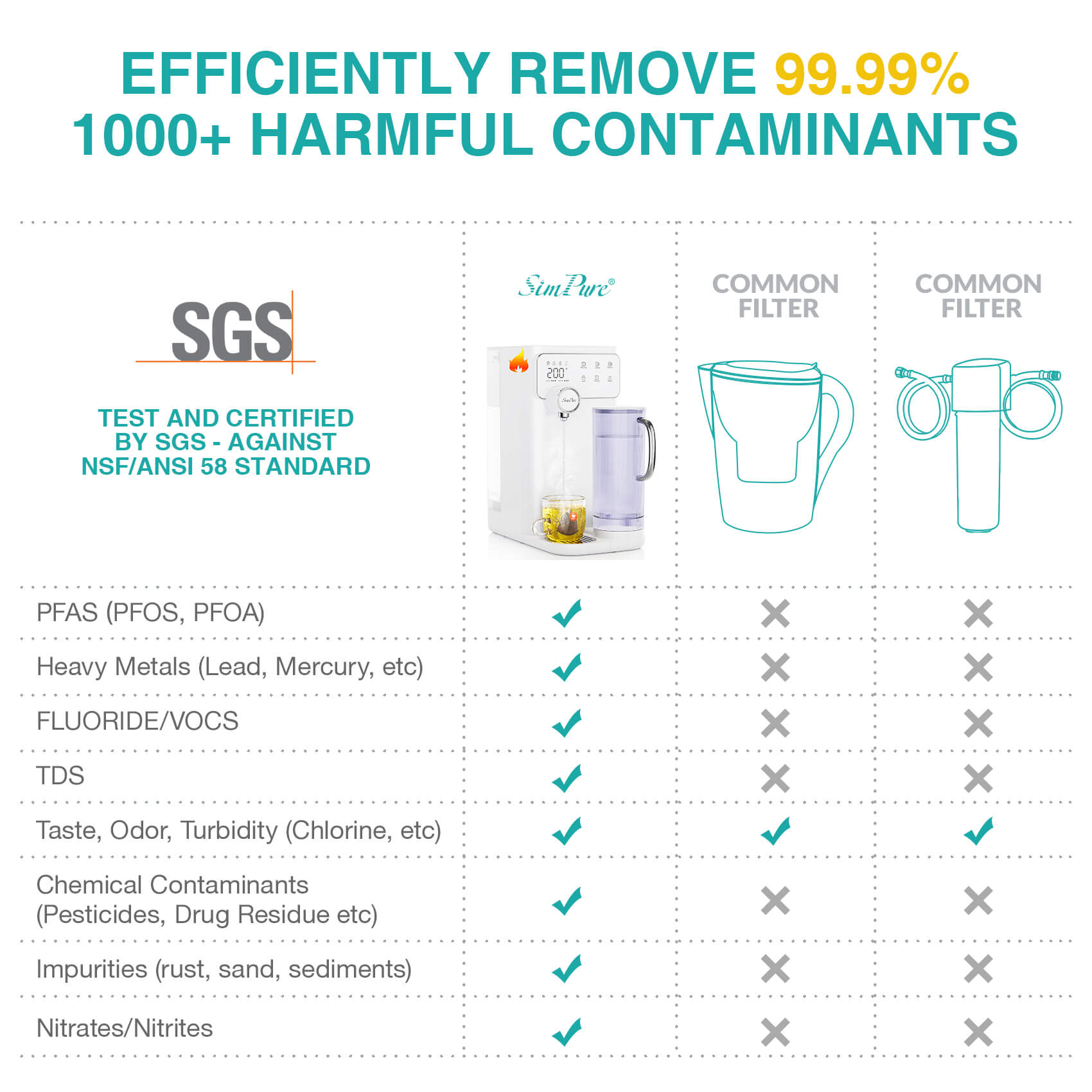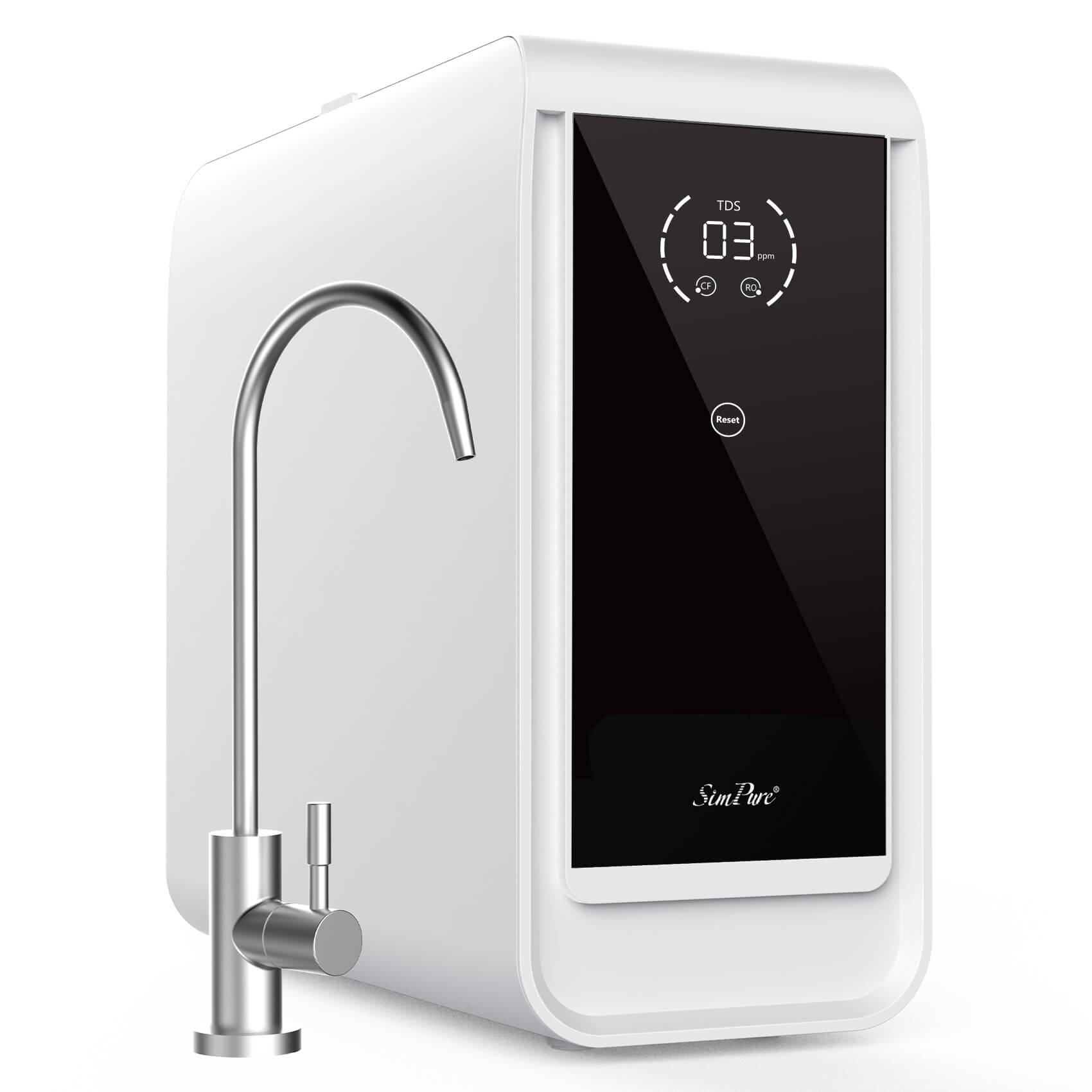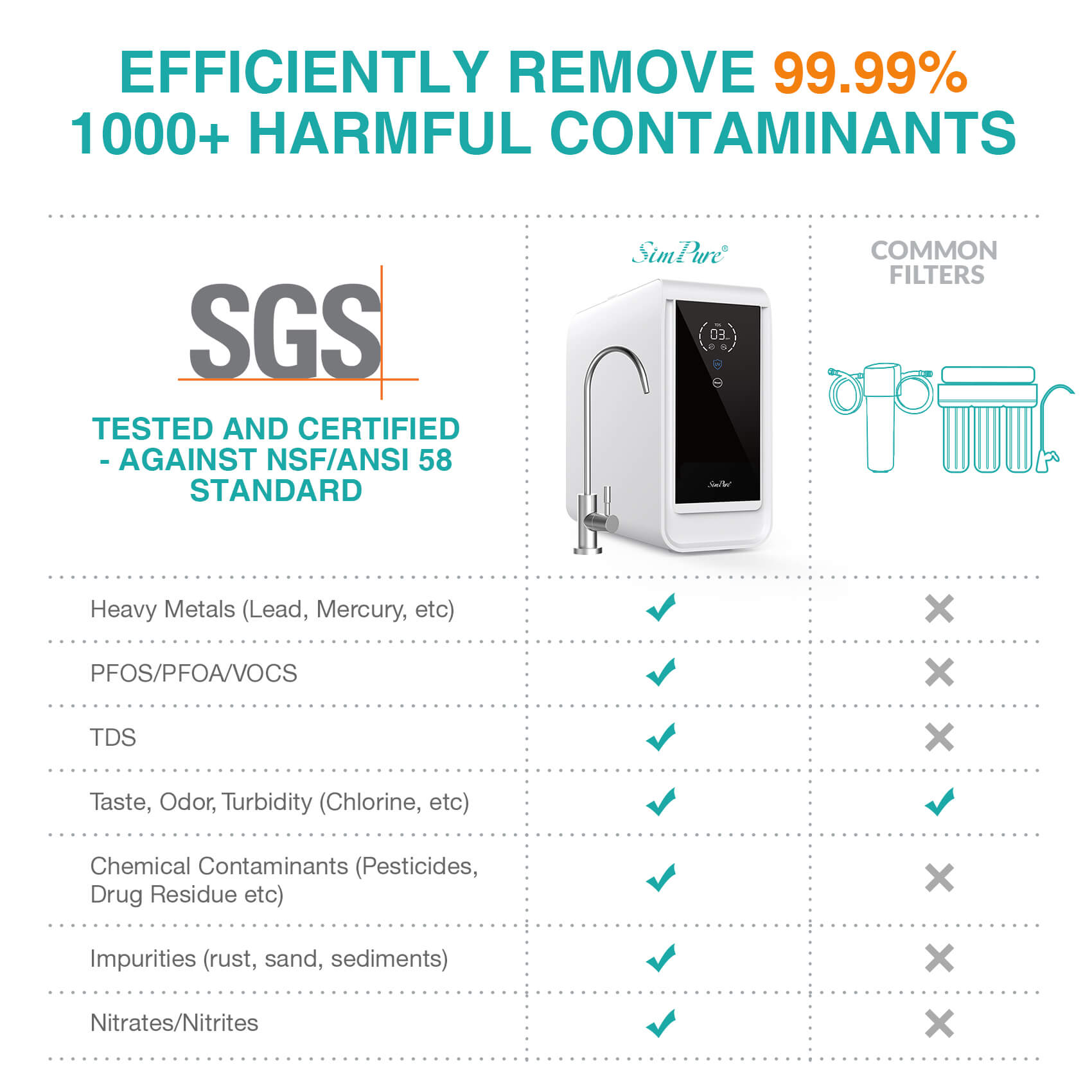The internet is full of all kinds of information about well water filters, as well as advice on the best well water filtration system to buy. But many people don't have a clear idea about buying well water filters. Everyone wants clean drinking water, but no one wants to pay for useless equipment. There comes the problem, does well water need to be filtered? And if necessary, which water filter should be preferred? Let's discuss it together.
Does Well Water Need to Be Filtered? The Truth of Well Water Filtration:
In the United States, many families have their own households well. Private water supply saves a lot on water bills. However, owning a private well also comes with some additional expenses. Because most wells are not monitored by the Environmental Protection Agency. Unfiltered well water can have several problems that can affect human health. Well water can contain many harmful microorganisms, residues, and contamination, as well as rust or heavy metals. Unfiltered well water will also have a terrible smell.
Under such circumstance, does well water need to be filtered? Different areas have different answers, but it is recommended that you first go to a professional institution to test your water quality. Normally it is required to filter the well water. If the test results show the presence of harmful bacteria or viruses, then it is necessary to filter the well water with a whole house sediment filter. Self-built private well water must be filtered and purified to ensure drinking quality. Groundwater is susceptible to surface contamination, so unfiltered well water is a safety hazard that could make you sick.
Check Top 4 Reasons Why You Need to Filter Well Water
① Well water contains pathogenic microorganisms
While most water in the U.S. is clean, any water source that is not regulated by the EPA could be contaminated. There may be bacteria and fungal contamination in the well water, and drinking this well water can affect human health and spread diseases. Because the moisture on the well wall itself will attract much bacteria. Many bacteria and amoebas produce a strong awful odor. Filtering your well water doesn't filter out all waterborne pathogens, but it can greatly reduce the chances of contamination.

② There is a lot of sediment in the well water
Floods, surface human activities, and the movement of the Earth can cause your well to fill with sediment and particles. Sand, mud, and silt are all common contaminants. While tiny particles are essentially harmless, large amounts of sediment particles can cause disease. [Here you can read our blog to learn the details of why is there sediment in my well water. ] If you drink water that has not been purified, it will damage your health and cause disease. The water that has not been purified and treated by machinery and equipment will cause clogging, corrosion, and damage to machinery and equipment pipelines, thereby reducing the performance and service life of machinery. Thus, we get the answer of does well water need to be filtered. Water filters are especially good at removing the hard particles mentioned above and they can greatly improve water quality.
③ The well water contains some rust and heavy metals
Rust and heavy metals can also be a problem, depending on where your well is located and the conveying equipment you use. Over time, metal pipes will naturally rust, causing sheets of metal to accumulate in the water. Now industrial pollution is too serious, heavy metals exceed the standard, and there are too many toxic and harmful substances in the water source. No one wants to drink a glass of water with an excessive amount of metal! Lead is also a metal contaminant present in well water, especially in urban well water built with concrete or metal walls. Drinking doses of well water containing heavy metals are harmful to human health, so this is one of the reasons why it is necessary to filter well water.
④ The color, smell, and taste of the well water are not good
In addition to health concerns, unfiltered water is terrible and cloudy. Without proper filtration, the water will be dirty in color, smell bad, and taste bad. When you use well water for drinking, bathing, and cooking, these are serious problems that affect the quality of life. Based on this situation, the well water needs to be filtered. Using the right filter will make your water look, smell and taste great.
To sum up, well water may contain bacteria, sediments, minerals, heavy metals, and other impurities. Some of these pollutants can harm your health, especially when they contain microbes and bacteria that can cause serious illness. So does well water need to be filtered? Of course, it is necessary to filter the well water. Filtering well water can help purify the water, removing these impurities, making the water safe to drink, while also improving the taste of the water.
When Well Water Needs to Be Filtered---What Water Filter to Choose First?

If your well water is turbid, it may contain sediment. Sediment contamination is more likely to occur in porous rock or connected to metal pipes, which may contain sediment, sand, stones, or rust. So installing a whole house sediment filter is your first choice. The sediment filter is the coarse filter for the whole house water filtration, generally installed behind the household water meter, the main function is to intercept particle impurities, sediment, and rust to the household water pipes. The sediment water purifier has the following two outstanding advantages.
- The filtration accuracy of a sediment filter is 5-100 microns, which can filter out the impurities visible to the naked eye such as sediment, rust, floating matter, and other impurities, greatly extending the service life of the subsequent wading equipment. For the end water purifier, the filtering burden can be reduced and its flushing cycle can be extended.
- The sediment filter can soften water and prevent scale and rust. I believe many people are familiar with the scale. The main components of scale are composed of calcium and magnesium. The scaling of water heaters will cause corrosion of the liner, and the front sediment filter can prevent calcium and magnesium ions from combining with carbonate ions. To the effect of scale inhibition, it is equivalent to forming a protective film on the inner wall of the water storage tank to prevent the inner wall of the container from rusting.
In short, does well water need to be filtered or not? It depends on the test results. The treatment of well water must be targeted, and you should first carry out the water quality tests in advance. You don't have to follow the trend to buy a variety of water purifiers blindly. Water purification treatment should be carried out according to the test results. If necessary, here I strongly recommend that you use a sediment well water filter to improve the taste, smell, appearance, and health of the water. A good well water filtration system can protect your home from harmful pollutants that may exist in the water. The most economical way is to add a pre sediment water filters for wells to the main water pipe of the household to filter the impurities visible to the naked eye in the water. If you want to improve water quality furtherly, you can use an ultrafiltration water filter in the domestic water area and an RO water purifier in the drinking water area. Why not try here to learn more?
Related product: SimPure DC5P
Introduction video of SimPure Spin Down Sediment Filter




